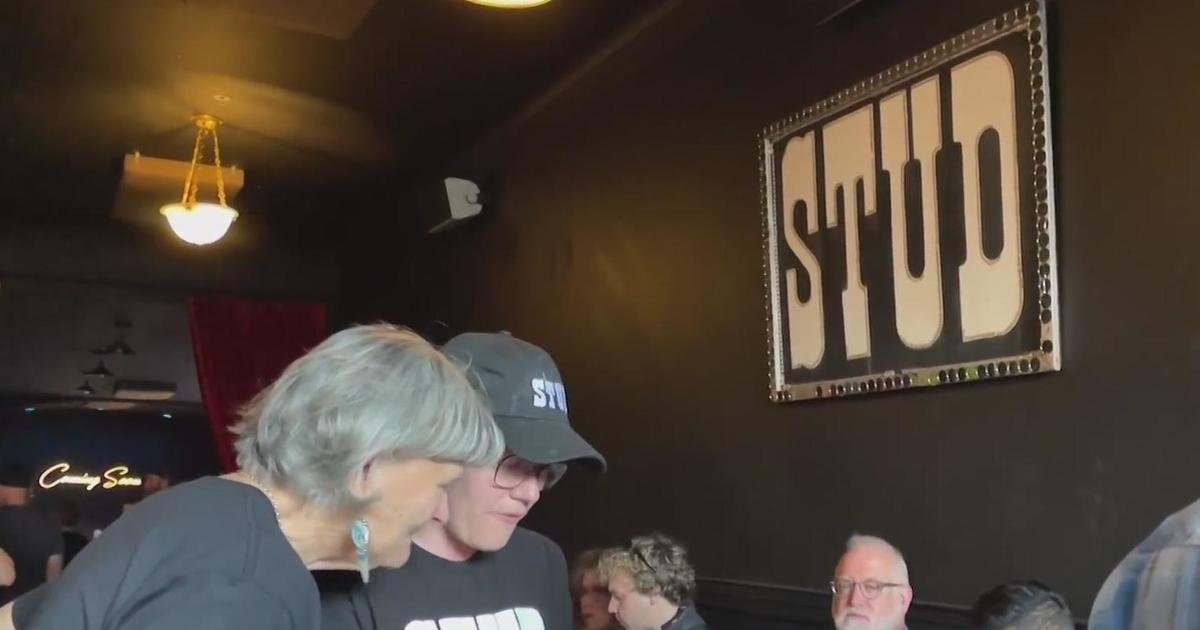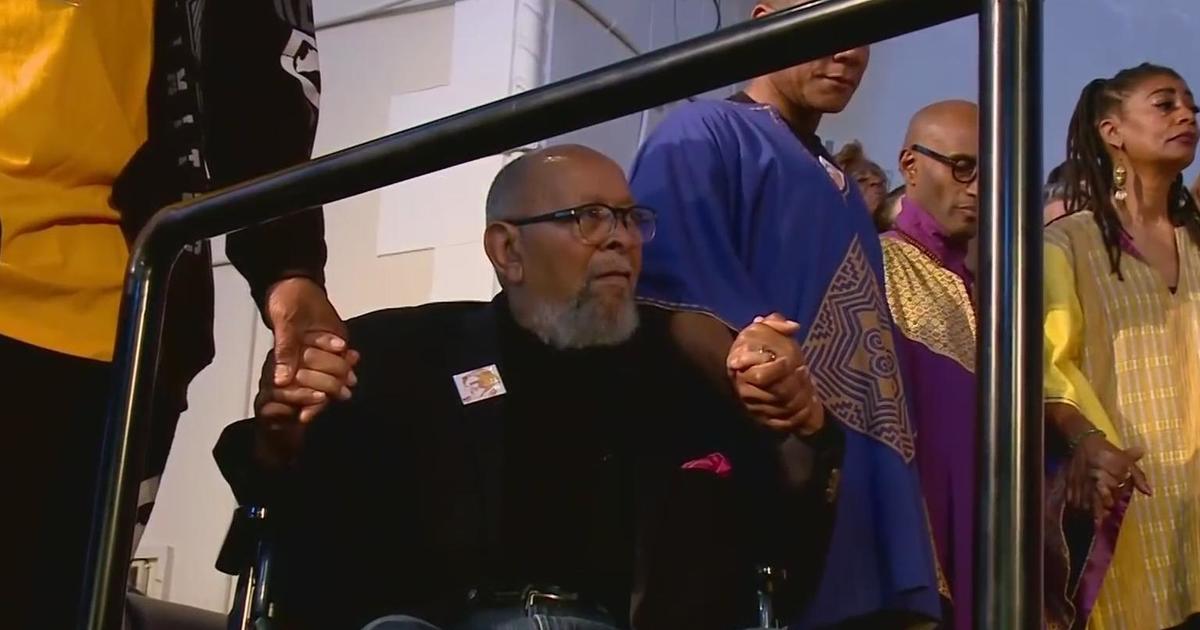Monster Beverage Sues San Francisco Over Caffeine Demands
CORONA, Riverside County (CBS/AP) -- Monster Beverage is suing San Francisco's city attorney over demands that the company reduce the amount of caffeine in its energy drinks and stop marketing to minors.
The company, based in Corona, said it's being unfairly singled out by City Attorney Dennis Herrera, who late last year had asked Monster to produce documentation showing that its drinks are safe. Since then, Monster says Herrera has asked it to reformulate its drinks and change its labels and marketing materials.
Herrera said in a statement Tuesday afternoon that he would aggressively push for Monster to reform its practices, and he noted that his office had been in good-faith negotiations with the company until recent weeks.
"Monster Energy is claiming an unfettered right to continue marketing its products to children and youth," he said. "I strongly disagree with Monster's legal contention, and I intend to litigate this case aggressively to reform their irresponsible marketing and business practices."
The suit comes at a time when the energy drink industry has come under intense scrutiny. Herrera's office got involved in the issue after the Food and Drug Administration said last year that it was investigating reports of deaths linked to energy drinks, which sparked a wave of bad publicity for the industry. The federal agency has noted that the reports don't prove the drinks caused the deaths.
New York's attorney general has also subpoenaed Monster—as well as the maker of 5-Hour Energy shots and PepsiCo Inc., which makes Amp—as part of an investigation into how energy drinks are made and marketed. In addition, the family of a 14-year-old girl is suing Monster; the family says she died after drinking two 24-ounce cans of Monster in a short period.
Monster, meanwhile, has stood by the safety of its drinks. Earlier this year, the company hit back at the lawsuit, noting that there was no blood test performed to confirm that the girl died of caffeine toxicity.
In its lawsuit against San Francisco's city attorney, Monster Beverage Corp. cites a letter from Herrera dated March 29 asking the company to reformulate its product to "lower the caffeine content to safe levels" and to provide "adequate warning labels."
Monster's current label says people should limit themselves to one can every four hours and a maximum of three per day. It also says the drink isn't recommended for children, people sensitive to caffeine, pregnant women or women who are nursing.
But the city attorney said in his letter that three cans amount to 480 milligrams of caffeine, nearly five times the recommended maximum for adolescents and more than the 400 milligrams per day the FDA has indicated is safe for adults.
Although some brands of coffee contain more caffeine than Monster's energy drinks, Herrera also noted that coffee is typically served hot and consumed slowly. Energy drink makers, by contrast, specifically market to youth and encourage them to "pound down" their drinks in large quantities, the letter said.
Even as soda consumption has flagged in recent years, energy drinks including Red Bull and Rockstar have surged in popularity. In 2011, sales volume for energy drinks rose by nearly 17 percent, according to Beverage Digest, an industry tracker. That growth slowed to about 14 percent in 2012 and has slowed even more dramatically for the early part of 2013, said John Sicher, publisher of Beverage Digest.
Meanwhile, caffeine is turning up in other foods, including jelly beans, waffles and Frito-Lay's Cracker Jack'd coated wafers that include two tablespoons of ground coffee. On Monday, the FDA said it would investigate the safety of added caffeine and its effect on children and adolescents.
The investigation was prompted by the introduction of a gum by Wrigley that has as much caffeine as a half a cup of coffee in one piece.
In a statement, the FDA noted that it was taking a fresh look at the potential impact that "the totality of new and easy sources of caffeine" may have on health, particularly children and younger consumers.
The FDA noted the only time it explicitly approved the added use of caffeine in a food or drink was in the 1950s for colas.
(Copyright 2013 by CBS San Francisco. All Rights Reserved. This material may not be published, broadcast, rewritten, or redistributed.)



